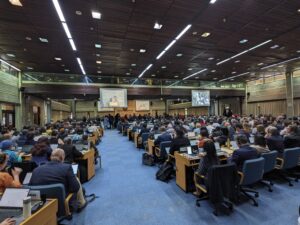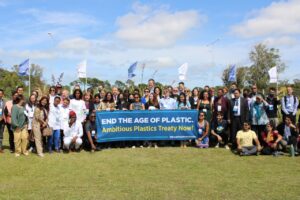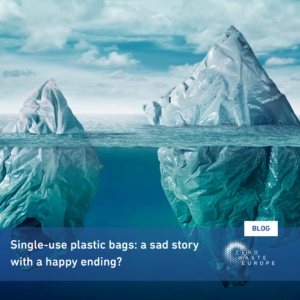Tell Supermarkets to Stop Using Non-Recyclable Plastic
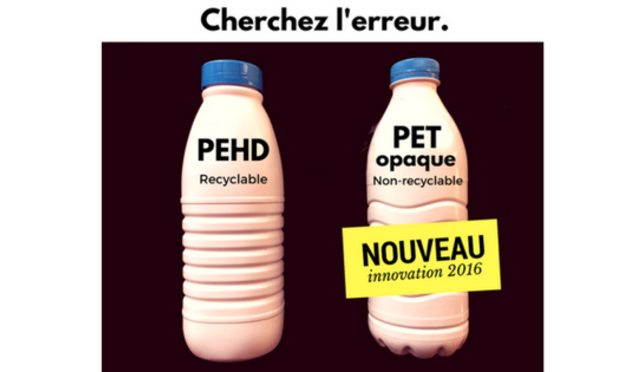
A new petition asks large supermarket chains in France to stop using non-recyclable plastic in their own-branded milk bottles. The bottles are causing mayhem in recycling plants and stalling the country’s circular economy goals.
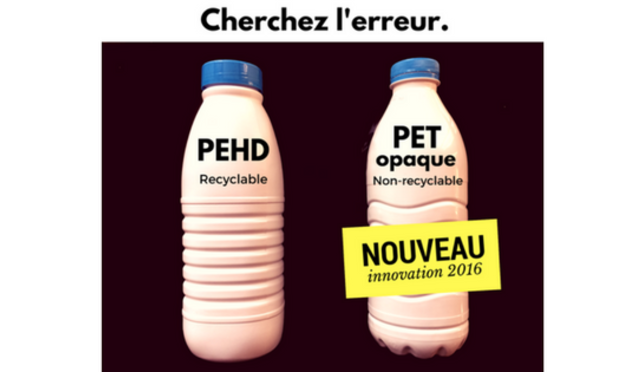 What’s in a circle? Well at first glance we might think nothing of it. Its simplicity evokes plainness, but as we look deeper we discover harmony at its core. Harmony in the form of completeness and sustainability. Harmony in the form of collaboration and sharing. Harmony in the form of life as we know it. There’s much more to a circle than meets the eye. Just like with a circular economy. Although the concept seems simple, creating a truly sustainable economy means careful planning, attention to detail, and making sure that every section of the economy works together in harmony.
What’s in a circle? Well at first glance we might think nothing of it. Its simplicity evokes plainness, but as we look deeper we discover harmony at its core. Harmony in the form of completeness and sustainability. Harmony in the form of collaboration and sharing. Harmony in the form of life as we know it. There’s much more to a circle than meets the eye. Just like with a circular economy. Although the concept seems simple, creating a truly sustainable economy means careful planning, attention to detail, and making sure that every section of the economy works together in harmony.
While across Europe, the circular economy concept has taken root, the unfortunate truth is that not everyone is entirely on board with circular design.
Recently, Zero Waste France discovered that many of France’s large supermarket chains who stock their own branded milk on the shelves use bottles made from the non-recyclable polymer commonly known as opaque PET. That equates to millions of non-recyclable bottles on the French market alone. And with the implementation of proper recycling methods far from being ready, the presence of opaque PET in recycling centers disrupts the entire process because it can not properly be identified by current machinery. This has led to the unnecessary allocation of manpower and resources to handle this difficult material, the costs of which fall on the shoulders of the taxpayer.
We can all help solve this problem, while also checking one for Mother Earth, by signing Zero Waste France’s petition to stop the usage of opaque PET among supermarket chains in France.
Although a small effort, the signing of the petition not only pinpoints a major sustainable ‘no-no’ in the bottling industry, but also contributes towards the Extended Producer Responsibility (EPR) system. As a tool that can be used to provide economic incentives for producers to better design their products, EPR schemes are designed to penalize non-circular products, ensuring that the polluter pays, not the citizens.
The idea behind it is to create a closed-loop economy and incentivize producers to either create products that are durable, reusable, repairable and recyclable, or pay the price.
EPR schemes can be one of the essential cornerstones for transitioning to a circular economy, however, it’s clear that there’s much room for improvement regarding their performance and implementation here in Europe.
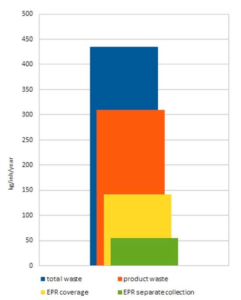
With your help and support, we are one step closer to closing the loop on that circle, and building a future fit for both the environment and the people living in it.
Graph showing results of recent research showing the gap between amount of EU municipal waste eligible under an EPR scheme (70%), and how much is actually covered (45%). Source: Zero Waste Europe, Extended Producer Responsibility: Creating the Frame for Circular Products, January 2017.
This blog was written by Christopher Nicastro for Zero Waste Europe
